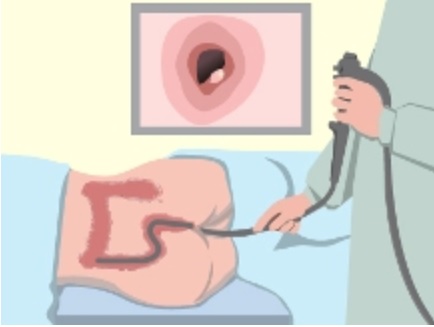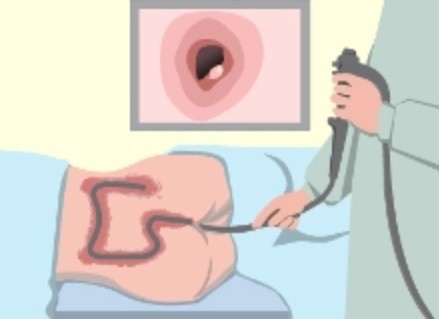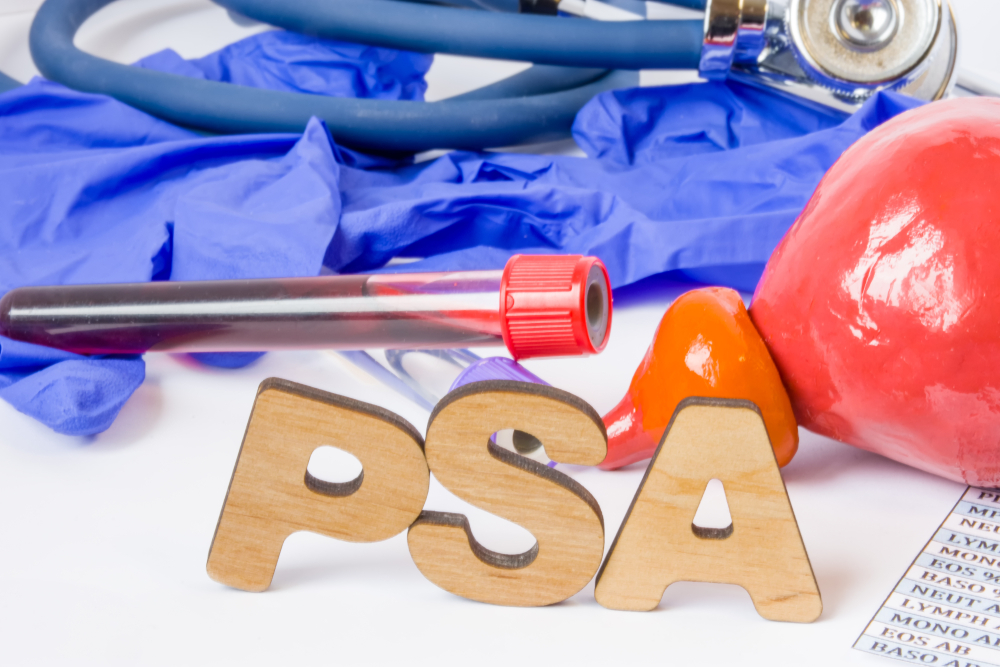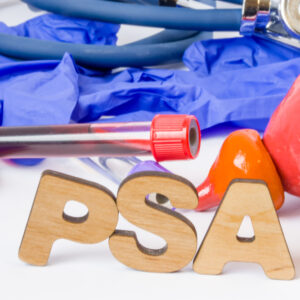Who needs colonoscopy? Is it only necessary if you suspect colon cancer?
Many people mistakenly believe that a colonoscopy is only needed if they suspect they have colon cancer. However, colonoscopy can diagnose a wide range of conditions, including:
- Colorectal cancer
- Anal cancer
- Polyps
- Diverticula
- Colitis
- Colonic ulcers
- Abnormal blood vessel development
- Hemorrhoids
Where can you get a colonoscopy?
Colonoscopy is a relatively simple procedure that can typically be completed on the same day. In addition to public and private hospitals, patients can choose to undergo colonoscopy at Day Colonoscopy Centers or clinics, with prices ranging from HK$7,900 to $13,500.
2 common types of colonoscopy
So, what exactly is a colonoscopy? According to the Department of Health and the Chinese University of Hong Kong Jockey Club Bowel Cancer Education Program, there are 2 types of colonoscopy: colonoscopy and sigmoidoscopy. Both are flexible endoscopes that are typically inserted through the anus into the colon, allowing the doctor to observe the inner lining of the colon. The entire procedure takes approximately 15 minutes to 1 hour.
The main difference between the two is that a flexible sigmoidoscopy has a length of only about 60 centimeters and covers the descending colon, while a colonoscopy has a length of 160 centimeters and can examine the entire colon. Colonoscopy is more accurate, but it can also be more expensive.
Even if no polyps are found during a colonoscopy, it is important not to be complacent. A sigmoidoscopy should be performed every 5 years, while a colonoscopy should be done every 10 years.


Preparations to avoid failed colonoscopy & Diet Tips
Once you have decided to undergo the examination at one of the hospitals/clinics mentioned above, you need to prepare yourself for the procedure:
| Colonoscopy Precautions | |
| Pre-examination consultation | Listen carefully to the doctor’s explanation of the purpose, procedure, and potential complications of the examination. Inform the doctor about:
|
| 2 to 3 days before colonoscopy | Follow a low-residue diet and avoid high-fiber foods such as vegetables, fruits, and bran. |
| 1 day before or on the colonoscopy exam day | Take the prescribed laxatives as instructed by the doctor. |
| On the colonoscopy exam day or 1 day before | Consume only clear liquids such as thin congee or broth, but avoid excessive consumption of milk-based beverages. |
| 6 hours before colonoscopy | Fast, do not consume any food or drink. |
| Right before colonoscopy | Remove any non-fixed dentures, glasses, contact lenses, and all metal objects from your body. |
Is it painful? Overview of the colonoscopy procedure
It is natural to feel scared for your first colonoscopy, but the procedure is not as painful or lengthy as you might imagine. It usually takes about 30 minutes to complete:
Regular Colonoscopy Procedure |
1. A healthcare professional will place an intravenous (IV) needle in advance for the administration of sedatives and pain medication. |
2. The patient lies on the left side with knees drawn to the abdomen. |
3. The healthcare professional closely monitors the patient’s vital signs and administers anesthesia to alleviate tension and discomfort. |
4. To allow for a detailed examination of the colon wall, the healthcare professional will introduce a small amount of gas into the colon, which may cause temporary abdominal bloating. |
5. The procedure typically takes 30 minutes to 1 hour. |
6. If necessary, the doctor may perform biopsies or therapeutic procedures such as polyp removal or hemostasis. |
7. During the colonoscopy, the procedure may be recorded through video imaging. |
If you experience any discomfort during the colonoscopy, be sure to communicate it to the healthcare professionals present.
Feeling bloated afterwards? Colonoscopy Aftercare Tips
- Discomfort: It is normal to experience bloating, bowel sounds, or anal discomfort after the examination. Resting for a while is usually sufficient as the carbon dioxide gas injected into the colon will be naturally absorbed or expelled through the rectum.
- Complications: In rare cases, a colonoscopy may lead to colonic perforation or significant bleeding. If you experience abdominal pain, abdominal distention, rapid breathing, subcutaneous emphysema, or other symptoms, it may indicate colonic perforation. Contact your primary physician immediately to confirm.
- Diet: If you experience no abdominal discomfort within half an hour after the examination, you can resume a normal diet. However, if you had biopsy or polyp removal, it is recommended to start with a low-residue diet for one day and gradually increase fiber intake while avoiding spicy and irritating foods. Alcohol consumption should also be avoided.
- Work: If sedatives and pain medication were administered during the examination, it is advisable to avoid driving or engaging in mentally demanding tasks on the same day. If polyp removal was performed, it is recommended to avoid exercise or heavy lifting for one week to prevent post-procedure bleeding.
- Failed examination: There can be various reasons for a failed colonoscopy, with the most common being inadequate bowel preparation due to excessive fecal matter in the colon, making it difficult to visualize the colonic mucosa clearly. Additionally, if a patient experiences excessive fear or anxiety during the procedure, it may cause colonic spasms that impede the passage of the endoscope. However, a failed examination is not a significant concern as long as you prepare yourself both physically and mentally for the next examination.
Complete recovery can take up to 1 to 2 hours, so doctors generally advise patients not to drive immediately after the colonoscopy.
A colonic polyp is a growth attached to the inner lining of the colon. Most polyps are harmless, but over time, some may develop into malignant tumors.





